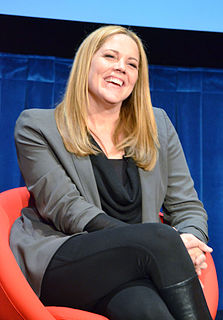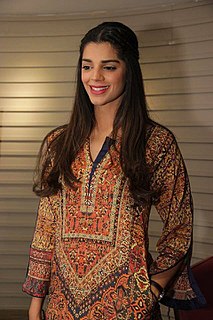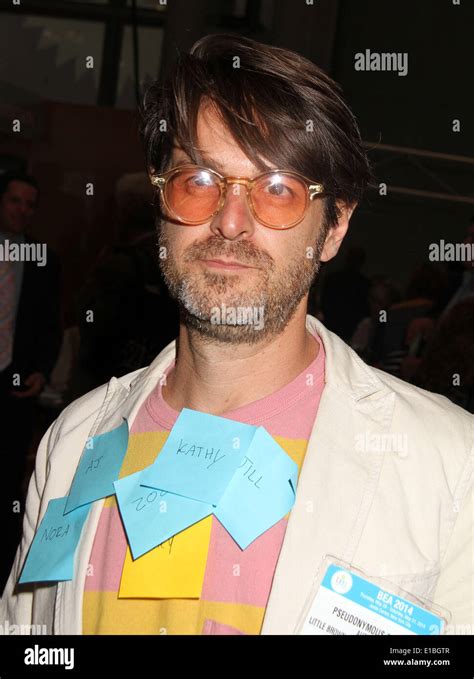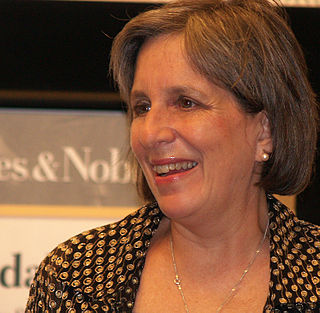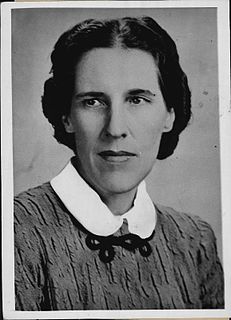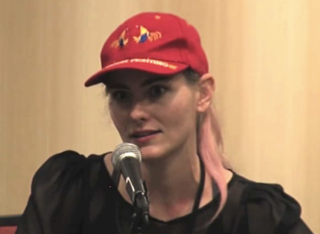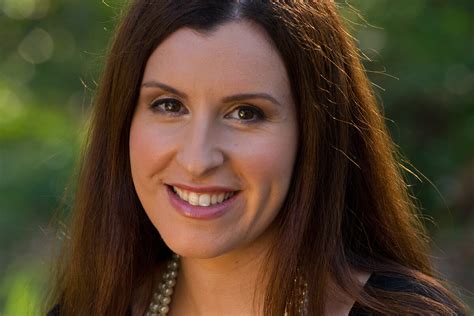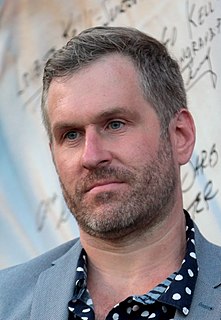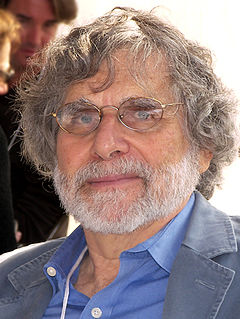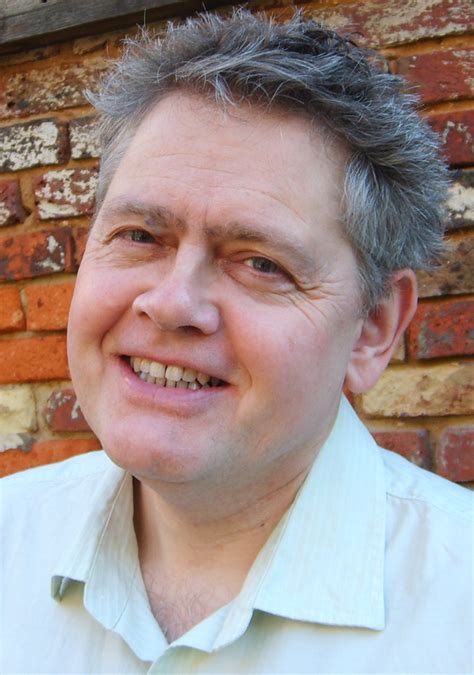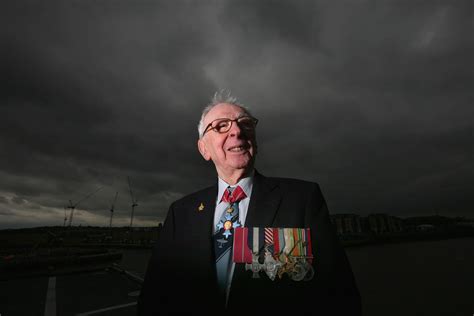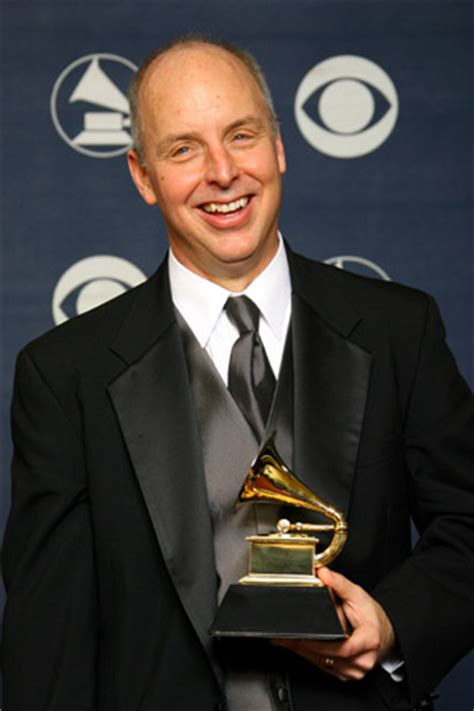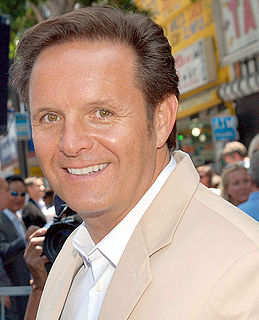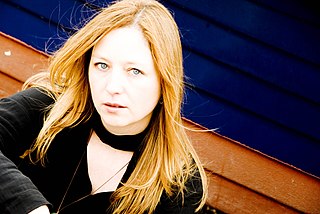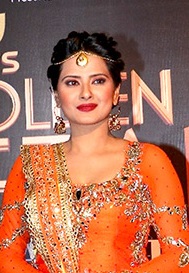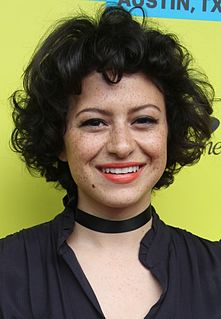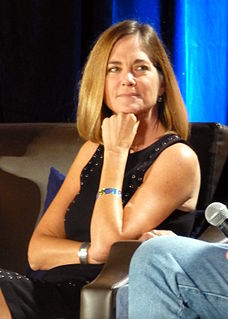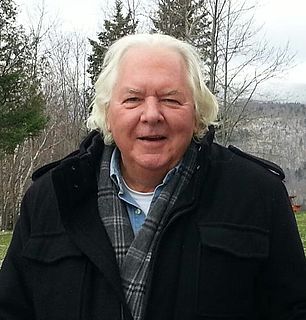Top 1200 Fictional Stories Quotes & Sayings - Page 14
Explore popular Fictional Stories quotes.
Last updated on December 2, 2024.
I think the reason the stories are briskly paced, when they are, is that I like story. I like stories where things happen and there are surprises and reversals, in addition to vivid characters and a memorable voice. So those are the kinds of stories I try to write. And it turns out that's pretty much the only kind of writing that works for TV. It's a medium that just devours story, demands surprises and reversals. So my sensibility is suited to TV storytelling, at least as we think of it today.
We need more female directors, we also need men to step up and identify with female characters and stories about women. We don't want to create a ghetto where women have to do movies about women. To assume stories about women need to be told by a woman isn't necessarily true, just as stories about men don't need a male director.
Many people don’t realize the extent to which stories influence our behavior and even shape our culture. Think about how Bible stories teach the fundamentals of religion and rules of conduct. Think of the fables and parables that molded your values. Think of how stories about your national, cultural or family history have shaped your attitudes about yourself and others.





